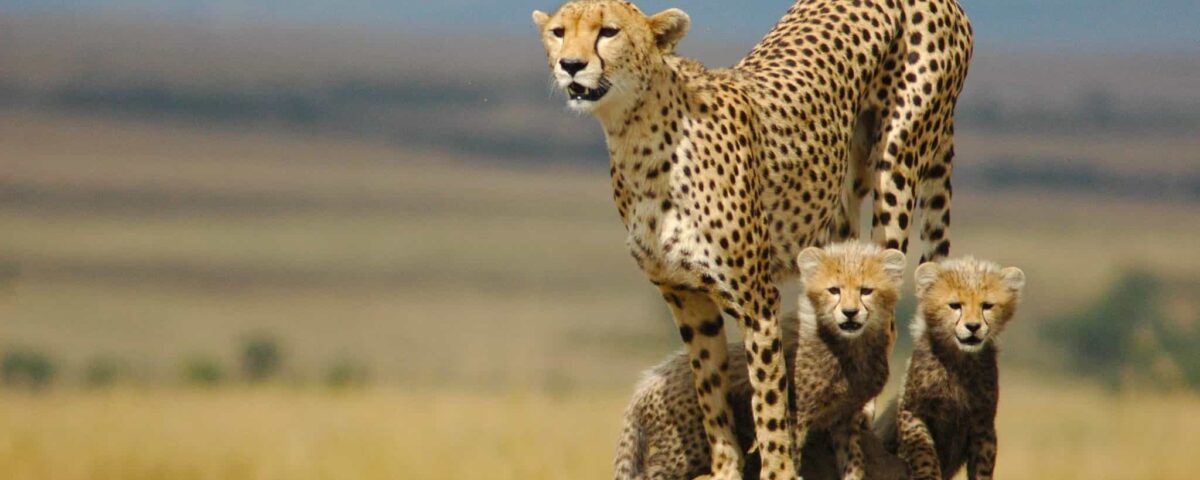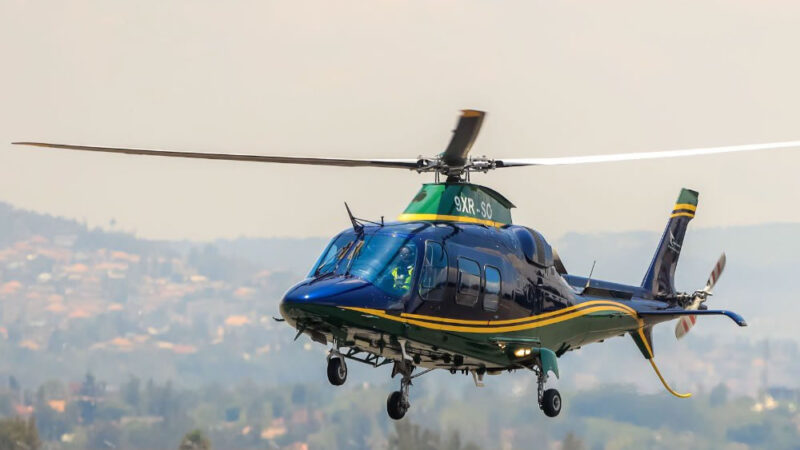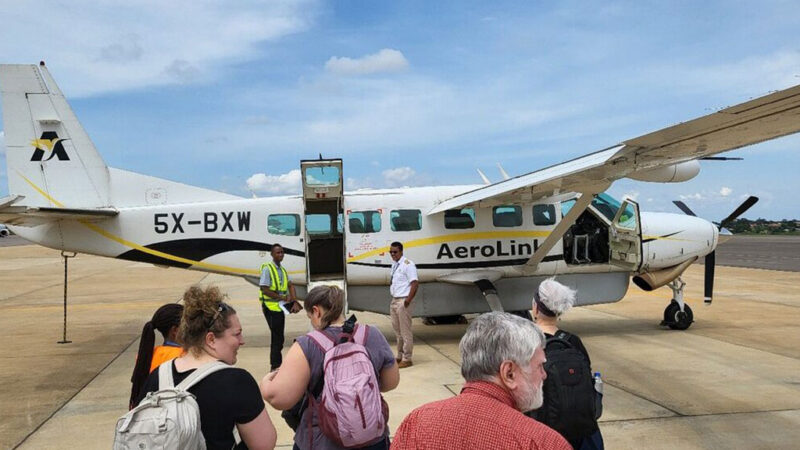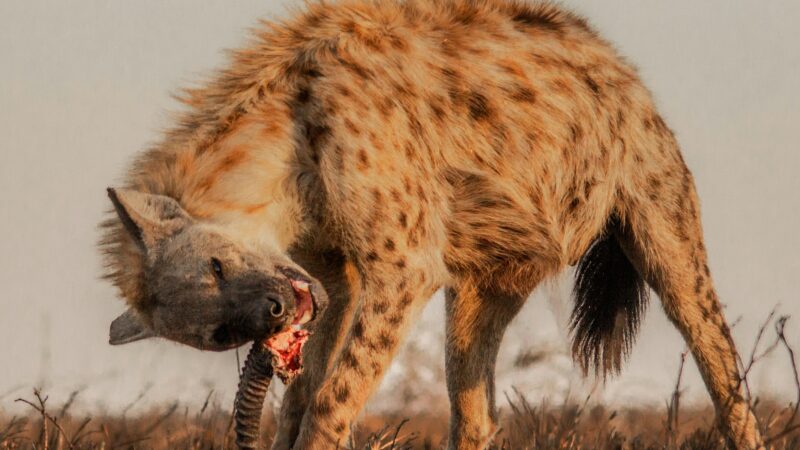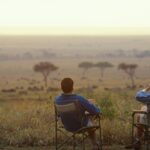
Digital Detox Destinations in East Africa
May 7, 2025
Wellness & Mindful Travel
May 7, 2025Remote Safari Destinations in East Africa
When most people think of an African safari, their minds think of the Serengeti, Maasai Mara, or Kruger National Park. These iconic names deserve their fame, but there are some remote safari destinations in East africa that offer unmatched wildlife, raw beauty, and the peace that comes with being far off the beaten path.
If you’re the kind of traveler who craves authentic experiences, solitude, and close encounters with nature without the crowds, these four remote parks—Kidepo Valley in Uganda, Katavi in Tanzania, Sibiloi in Kenya, and Gishwati-Mukura in Rwanda—will leave you breathless and changed.
Let’s explore these remote safari Destinations in East Africa you have probably never heard of.
Kidepo Valley National Park, Uganda
Nestled in Uganda’s far northeast, where the borders of South Sudan and Kenya converge, Kidepo Valley National Park is often called “the most isolated park in Uganda”—and arguably the most rewarding.

Its remote location, over 700 km from Kampala, has kept it untouched by mass tourism. But those who make the journey are rewarded with vast golden savannahs, rugged mountains, and wildlife encounters that rival the continent’s best.
Kidepo is a haven for predators. Here, lions roam freely—often spotted lounging on the rocky outcrops known as the Narus Rocks. Cheetahs sprint across the plains, leopards slink through riverine trees, and hyenas cackle in the dusk. The park is also home to over 475 bird species and 77 mammals, including buffalos, elephants, giraffes, and the rare greater kudu.
Beyond wildlife, Kidepo offers a cultural richness that deepens its appeal. You can visit the IK people on Mount Morungole, one of Africa’s smallest and most isolated ethnic groups, or engage with the Karamojong pastoralists known for their resilience and vibrant traditions.
Lodging options are intimate and eco-conscious. Apoka Safari Lodge, perched above a waterhole, offers the perfect blend of comfort and immersion. Wake to views of giraffes from your veranda and fall asleep under star-drenched skies.
Kidepo is not just a destination—it’s a journey into Africa’s wild soul, untouched, raw, and humbling.
Katavi National Park, Tanzania
If you dream of a place where elephants roam in herds, lions rule with little human interference, and safaris feel like they did a century ago, then Katavi National Park in western Tanzania should be at the top of your list.
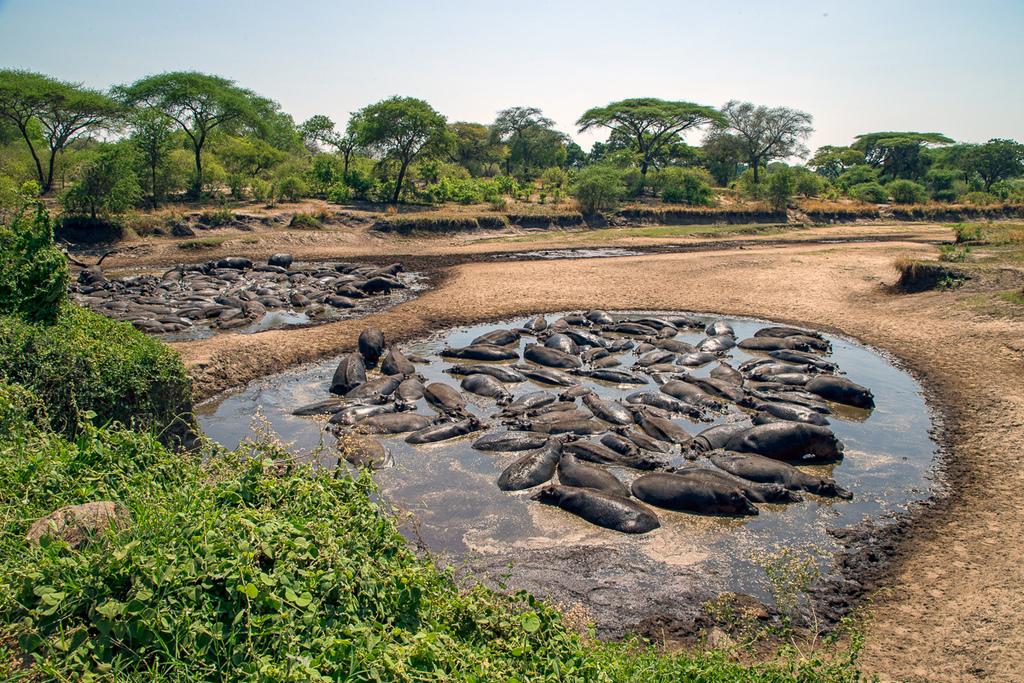
Far removed from the safari circuits of the Serengeti or Ngorongoro Crater, Katavi is a land of wide floodplains, palm-lined rivers, and dramatic hippo-filled pools. It’s not uncommon to witness over 200 hippos crowding into shrinking mudholes during the dry season, grunting and jostling for space—an unforgettable spectacle.
The park covers over 4,400 square kilometers and sees only a few hundred visitors a year, making it one of the most exclusive safari experiences on the continent. You won’t be queuing behind a convoy of jeeps to see a lion here. In fact, you might not see another vehicle at all.
Game viewing is extraordinary. Large prides of lion stalk buffalo herds, elephants bathe in the Katuma River, crocodiles sun themselves on sandbanks, and roan antelope graze in peace. The air is filled with the cries of fish eagles and the haunting sounds of the wild.
Staying at Chada Katavi, an intimate camp by Nomad Tanzania, brings you even closer to nature. Tented suites open to the elements, and candle-lit dinners are enjoyed under open skies.
Katavi is Africa undiluted. No crowds, no filters—just the wild, in its truest form.
Sibiloi National Park, Kenya
In the desolate beauty of Kenya’s far north lies Sibiloi National Park, an otherworldly place on the shores of Lake Turkana, the largest desert lake in the world. It’s remote, arid, and rugged—and that’s exactly what makes it remarkable.

Sibiloi is unlike any other park in Kenya. While wildlife sightings include crocodiles, zebras, gerenuks, and ostriches, the true magic of Sibiloi lies in its prehistoric significance. This park is often called “The Cradle of Mankind”, thanks to the groundbreaking fossil discoveries made by the Leakey family. The area is home to the Koobi Fora Museum, a UNESCO World Heritage Site showcasing hominid fossils that date back more than 2 million years.
Visitors to Sibiloi are treated not just to wildlife, but to a journey through time. You can stand where ancient humans once walked, observe petrified forests, and marvel at the silent immensity of the jade-colored lake shimmering in the heat.
Sibiloi is also the land of the Rendille, Turkana, and Dassanach communities—tribes that have survived in some of Africa’s harshest conditions with dignity and culture intact. Their beadwork, ceremonies, and ways of life add depth and human connection to the Sibiloi experience.
Reaching Sibiloi is part of the adventure—it requires flying in or taking an expedition-style drive through Marsabit and the Chalbi Desert. Accommodations are basic but sufficient, with options like Allia Bay Guesthouse or mobile tented camps near the museum.
If you’re looking for a safari that merges science, solitude, and the sublime, Sibiloi is your destination.
Gishwati–Mukura National Park, Rwanda
Rwanda is globally recognized for Volcanoes National Park and its iconic mountain gorillas, but hidden in the misty hills of the country’s western edge lies a newly reborn gem: Gishwati–Mukura National Park.
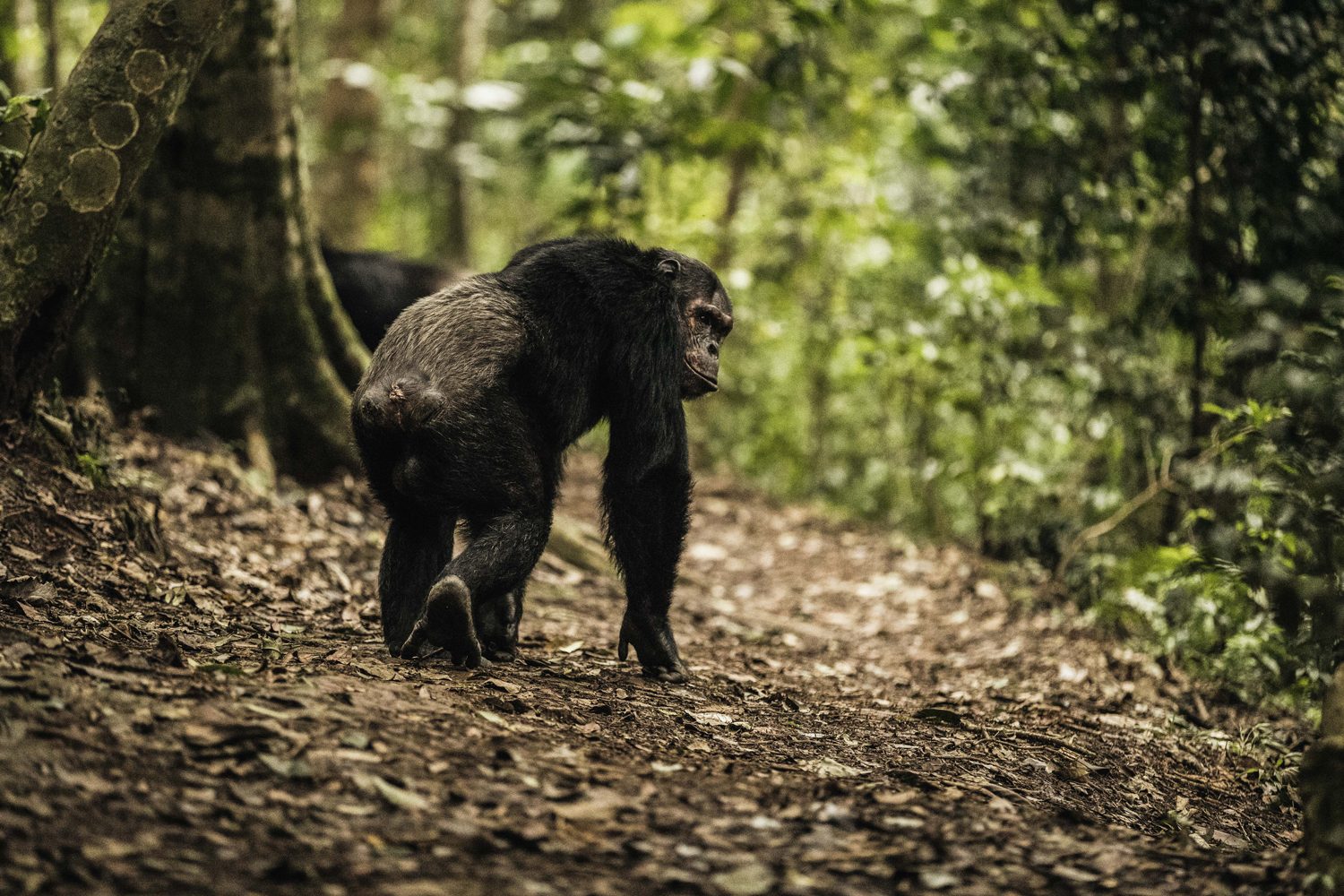
Established in 2015, this is Rwanda’s newest national park and a beacon of reforestation and ecological healing. Once severely degraded by deforestation, Gishwati–Mukura has been transformed into a protected sanctuary that links two distinct forests—Gishwati and Mukura—home to rare primates and over 60 species of trees.
The park is small but biologically rich. Visitors may encounter chimpanzees, golden monkeys, L’Hoest’s monkeys, and a dazzling variety of birds, including Albertine Rift endemics like the Regal Sunbird. Guided forest walks allow for intimate experiences with nature, far from tourist crowds and camera flashes.
What makes Gishwati–Mukura truly special is its story: it’s a place where nature is making a comeback, where conservation is a community effort, and where eco-tourism supports both biodiversity and livelihoods. Projects led by local cooperatives offer handmade crafts, agro-tourism experiences, and insights into Rwanda’s holistic approach to sustainability.
Accommodations nearby are modest but warm, with plans underway for expanded eco-lodges and low-impact tourism hubs. For now, visitors can base themselves in Rubavu (Gisenyi) on Lake Kivu and make day trips to the forest.
This is a safari of reflection—not adrenaline. Gishwati–Mukura invites you to walk slowly, breathe deeply, and witness the quiet triumph of conservation.
Why Visit These Remote Safari Destinations?
While the Serengeti, Mara, and Bwindi draw the crowds, these lesser-known parks offer something increasingly rare: solitude, authenticity, and unfiltered nature.
Here’s what sets them apart:
-
No crowds: You won’t be jostling for space or waiting for your turn at a sighting.
-
Rich storytelling: Each destination has a cultural or ecological narrative that deepens the experience.
-
Conservation-driven: These parks represent bold steps in preserving biodiversity and supporting local communities.
-
Affordable exclusivity: Many of these parks offer premium experiences without the premium price tag.
-
Perfect for seasoned travelers: If you’ve already done the “classic” safari circuit, these destinations offer fresh thrills and new horizons.
Planning Your Off-the-Beaten-Path Safari with Traford Safaris Ltd
At Traford Safaris Ltd, we specialize in crafting immersive, responsible, and life-enriching safaris. If you’re ready to go beyond the guidebooks, our team will:
-
Recommend the right season for each park
-
Arrange seamless transport and charter flights to remote areas
-
Pair you with expert guides who know these parks inside out
-
Customize your itinerary to balance adventure, culture, and relaxation
Traveling off-grid doesn’t mean sacrificing comfort—it means rediscovering what matters most.
Conclusion: The Wild Is Still Wild—Go Find It
In a time when so much of the world feels explored, mapped, and mediated through screens, these remote safari destinations in East Africa prove that the wild is still out there—waiting, unspoiled and astonishing.
Whether you’re watching lions in the dry plains of Kidepo, listening to hippos groan in Katavi, tracing ancient footprints in Sibiloi, or witnessing forest rebirth in Gishwati–Mukura, one thing is certain: you’ll return with a deeper connection to nature—and to yourself.
Let Traford Safaris Ltd take you there.

